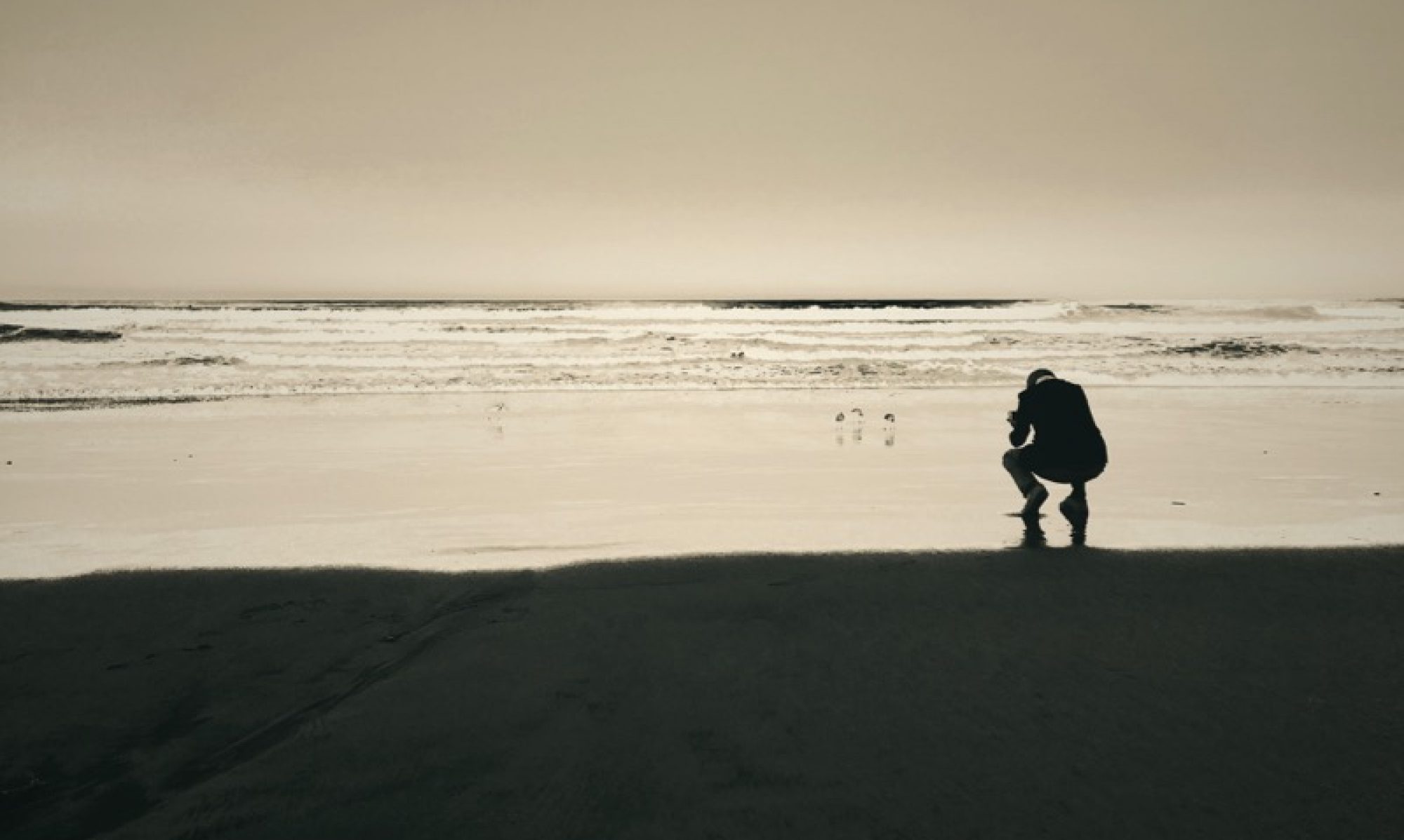(The eagle-eyed amongst you will notice: Quotes from the following exchange have made it into my new book, Color White Gray Other, which I sent to the printer this past Monday and which you can already preview here; more on that next week. Dr. Hare’s message reached me just hours before the deadline – perfect timing for me.)

“Dear Dr. Hare,
you were right, of course. It was good to speak in person last last week.
I am in a dilemma now. I’ve grown up with an energetic dislike of everything that’s not done well, a joyful disgust at platitudes, intellectual laziness, lack of rigor. And since this is how the world quite generally presents itself (banal, stupid, uninformed-and-not-minding-it), I’ve been happily assuming an ‘anti-world’ stance. You know that I am the last person to quote German philosophers. But I’ve always shared Hegel’s response to the truth that the world isn’t as he thinks it ought to be: so much the worse for the world!
And now I realize, this is just so Continental, and so socially impossible here. I see myself through your eyes, American eyes, and I worry that I look like someone I totally am not! I actually love simple things, and in particular, I love normal people (witness my sense that I’m only really at home in the mountains). And I’m far from any bourgeois pretensions at education (I was never the one to shine in Latin, or to even try to shine!). But I feel as if the edge of my creativity is ironed out of me in this culture of acceptance and positivity. Everything you said was so professionally positive, if you’ll allow this phrase – and please do not take offense.
Now I don’t know whether I should come to see you more often, to have it once and for all ironed out of me, so that I can move on, or whether the distance of written communication is better for preserving my sense of self.
Jens”
“Dear Jens,
I am torn, for of course, I genuinely am part of this culture. But, and that may even be part of the same cultural heritage, I am not one to give up. It strikes me that you are aiming for something that’s almost impossible: to grow sufficiently into a new culture in order to be able to feel at home, and to still look at it from a distance. The constant shift between the inside and outside perspective, I think, may be unbearable. But if that is what you need in order to be creative, I am certainly not going to ignore it. However, your letter leads me to formulate, perhaps for the first time, very clearly what I consider a goal of our conversations. You must learn to leave behind the idea that the world should be better than it is.
I’ll have to give this more thought, and so do you.
Sincerely, Dr Hare”


